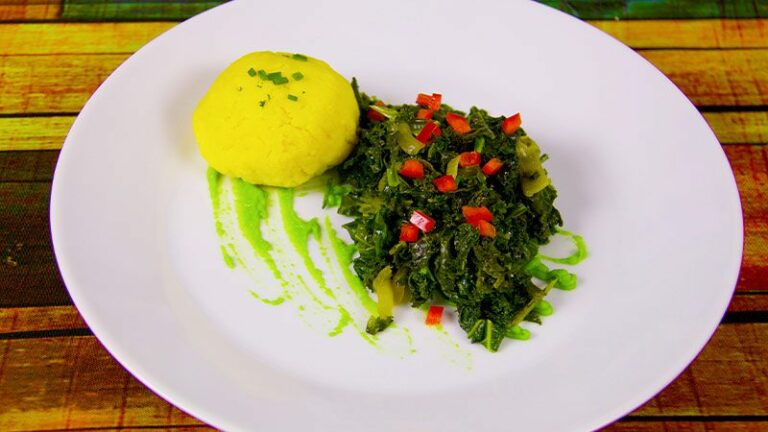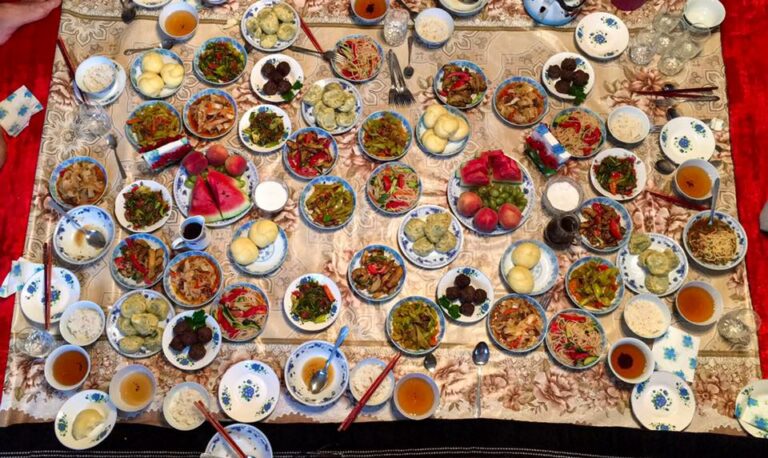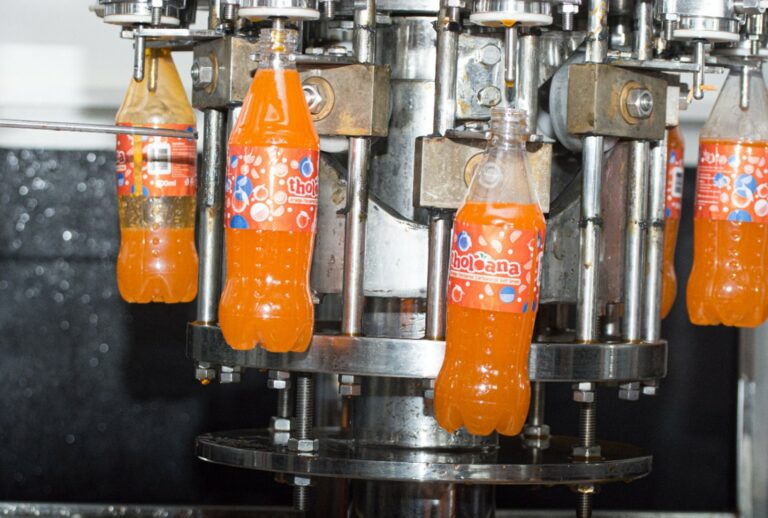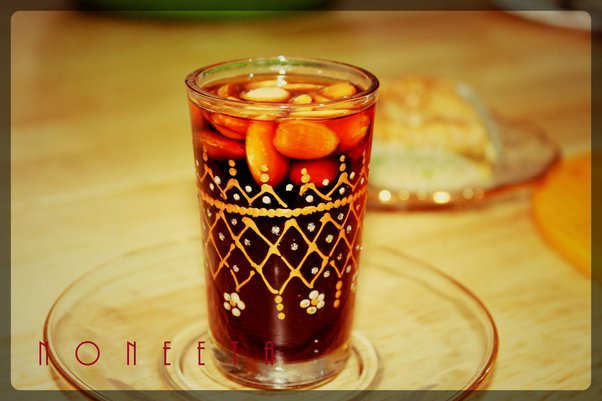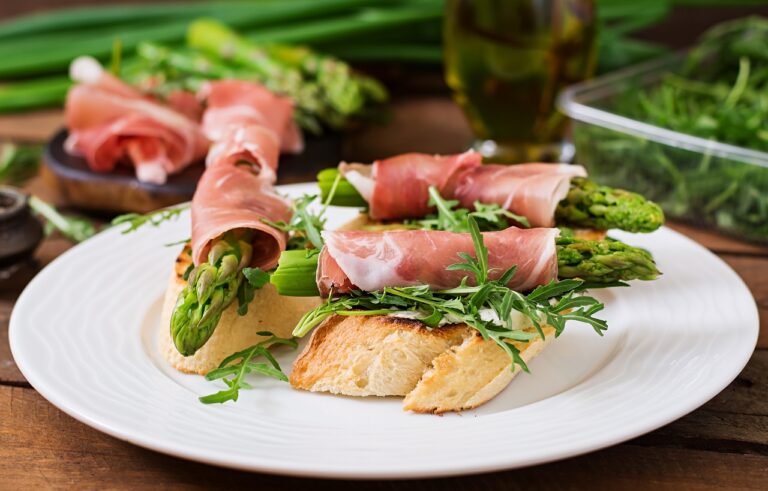Introduction: The Beverage Scene in Laos
Laos, a landlocked country in Southeast Asia, is known for its beautiful landscapes, rich culture and cuisine. But what about its beverages? Are there popular drinks in Laos? The answer is yes, there are a variety of traditional and modern beverages that Laotians enjoy. From traditional rice wine to imported sodas, Laotians have a range of options to quench their thirst.
Traditional Beverages in Laos
Laotians have been making traditional beverages for centuries, and they continue to be popular today. One of the most well-known is lao-lao, a type of rice wine that is often home-brewed and can be quite strong. Another popular drink is nam mak, a sweet and sour drink made from tamarind. Khao poon, a refreshing noodle soup, is often served with a side of dill, mint, and lime to make a delicious drink known as kao poon pa.
Beer Lao: The National Drink
Beer Lao is the national drink of Laos and is also one of the most popular. This beer is made from locally grown jasmine rice and has a light, crisp taste. It comes in a variety of flavors, including the original pilsner, dark lager, and light lager. Beer Lao can be found in almost any restaurant or bar in the country, and it’s often enjoyed with spicy food or while socializing with friends.
Coffee Culture in Laos
Laos is known for its coffee, and it’s easy to see why. The country’s coffee is grown in the highlands and has a unique flavor that’s both smooth and robust. Coffee shops have become increasingly popular in recent years, with many offering a variety of drinks, including espresso, cappuccino, and iced coffee. One of the most popular coffee shops in Laos is Joma Bakery Café, which has multiple locations throughout the country.
Fruit Juices and Smoothies in Laos
Laotians love their fruits, and they often turn them into refreshing drinks. Fruit juices and smoothies are common in restaurants and street stalls, with popular fruits including mango, pineapple, and passionfruit. Many vendors add a splash of coconut milk to their drinks for a creamy, tropical taste. Smoothies are often made with fresh fruit and yogurt, and they’re a great way to beat the heat on a hot day.
Imported Beverages in Laos
While traditional beverages are still popular, Laotians have also embraced modern drinks, including soda, energy drinks, and bottled water. Coca-Cola and Pepsi are widely available, as are energy drinks like Red Bull and Monster. Bottled water is essential for travelers, and many brands are sold across the country. While imported beverages are more expensive than local drinks, they offer a taste of home for expats and travelers.
Conclusion
Whether you’re a fan of traditional drinks or modern beverages, Laos has something for everyone. From lao-lao to Beer Lao, coffee to fruit smoothies, there’s no shortage of drinks to try in this beautiful country. So the next time you visit Laos, be sure to quench your thirst with a delicious local beverage.


